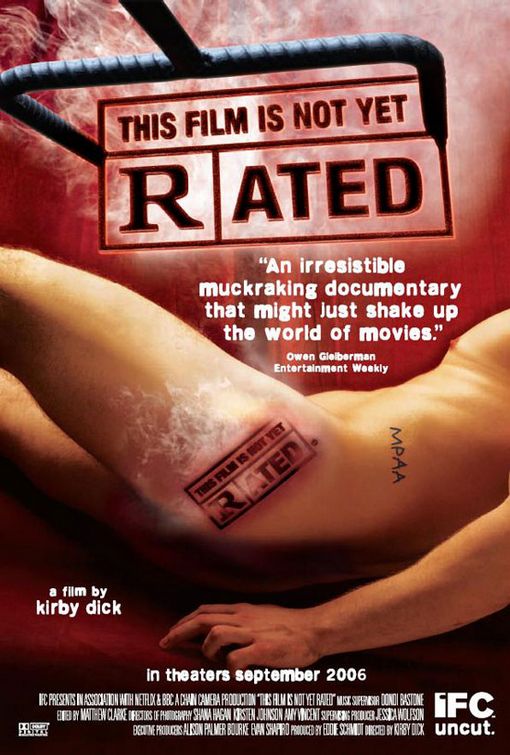--- Pamela Paul, New York Times essay
Young Adult fiction is all the rage these days, it seems. Not only are the books read by "young adults," but also by (gasp) "adults"! It seems that, like graphic novels, Y.A. fiction has branched out and become more accepted among mainstream readers (and really, just what does "mainstream" readers mean? That's like using the term "average American")
Which is great, because I'm currently halfway through writing a Y.A. novel of my own. The idea is one I've had for years but never did anything with. I was always too worried that it might be too similar to something else. But then I realized I wouldn't know until I wrote it so I decided to write it. But it, like a solid majority of recent Y.A. fiction (as noted by Laura Miller's New Yorker article), is somewhat dystopian both in tone and structure.
Actually, what am I talking about -- it's completely dystopian in every way imaginable. Which, on the one hand, can be a good thing, as that seems to be the hot ticket right now (see Suzanne Collins and others), but on the other hand it can be a bad thing, as sometimes there is too much of a good (or rather marketable) thing -- like the upsurge of secret history novels after The Da Vinci Code’s wild success.
Of course, not all Y.A. has to be dystopian, as evidenced by my buddy Joe Schreiber's recent sale of his YA thriller Au Revoir, Crazy European Chick to Houghton Mifflin. I've had the pleasure of reading an early draft of the novel, and it's good. Really good. And, unlike the recent trend, it's not futuristic or features overpowering governments bent on brainwashing its people.
But just what, exactly, makes Y.A. Y.A.?
Is it that it features a teenage protagonist? That it deals with issues relevant to young adults? Because if that's the case, then it seems strange that more and more adults are reading them (though, let's be honest here, the issues young adults face are pretty much the same as the issues adults face). But, as mentioned in the Pamela Paul essay, "A lot of adult literature is all art and no heart. But good Y.A. is like good television. There’s a freshness there; it’s engaging."
Plus, as less and less adults read books (what is the average nowadays, a book a year?), it can also be more profitable. And that, my friends, is never a bad thing.

